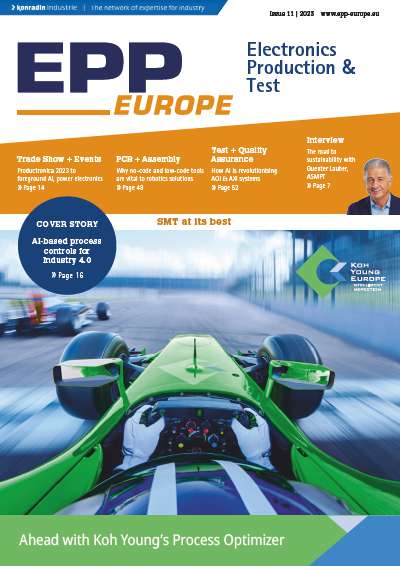Under pressure by U.S. laws, human rights campaigns, and guidance from the Organisation for Economic Co-operation and Development (OECD), European companies are already being asked, by their customers, to declare the use of conflict minerals. Adding to that pressure are plans by European officials to adopt EU legislation on conflict minerals. IPC, a global trade association for electronics manufacturing, will host a conference on 23 October 2013 in Brussels to help European companies navigate this actively evolving situation.
Long-time supporters of multinational efforts through the United Nations and the OECD, the European Union (EU) Minister of Trade and Members of the European Parliament (MEPs) are pushing for EU legislation and regulation on conflict minerals. In January 2013, EU Trade Commissioner Karel De Gucht announced his intentions to launch a conflict minerals initiative. The EU Commission held a public consultation from March through June 2013 on the potential initiative. Most recently, MEP Judith Sargentini held a conference on conflict minerals legislation in the European Parliament and had a hearing.
De Gucht is reported to be considering a reporting obligation for conflict minerals at first entry in the EU. Additionally, in order to avoid singling out a certain region or country and divert the business to other areas without solving problems, the EU intends to cover a broader geographical scope than Section 1502 of the U.S. Dodd-Frank Wall Street Reform and Consumer Protection Act, which is limited to the Democratic Republic of the Congo (DRC) and adjacent countries. Furthermore, a broader material scope going beyond tin, tantalum, tungsten and gold is likely. The Commission is expected to propose legislation by the end of 2013.
Companies listed on the U.S. Stock Exchange must (per legislation) annually declare the origin of tin, tantalum, gold and tungsten in their products. Although most European companies are not directly regulated by the rule, many have global customers that are, or will be, requiring them to report about conflict minerals in the products they provide. The first reporting deadline is May 2014, for products manufactured in 2013.
To help EU companies better understand these issues, IPC will host a one-day conference in Brussels on 23 October 2013. Conference attendees will gain valuable insight into:
– How the U.S. legislation affects EU Companies
– Forthcoming EU Conflict Minerals legislation
– What leading companies are doing now.
For more information about the U.S. and EU conflict minerals legislation, visit IPC’s website
Share:










